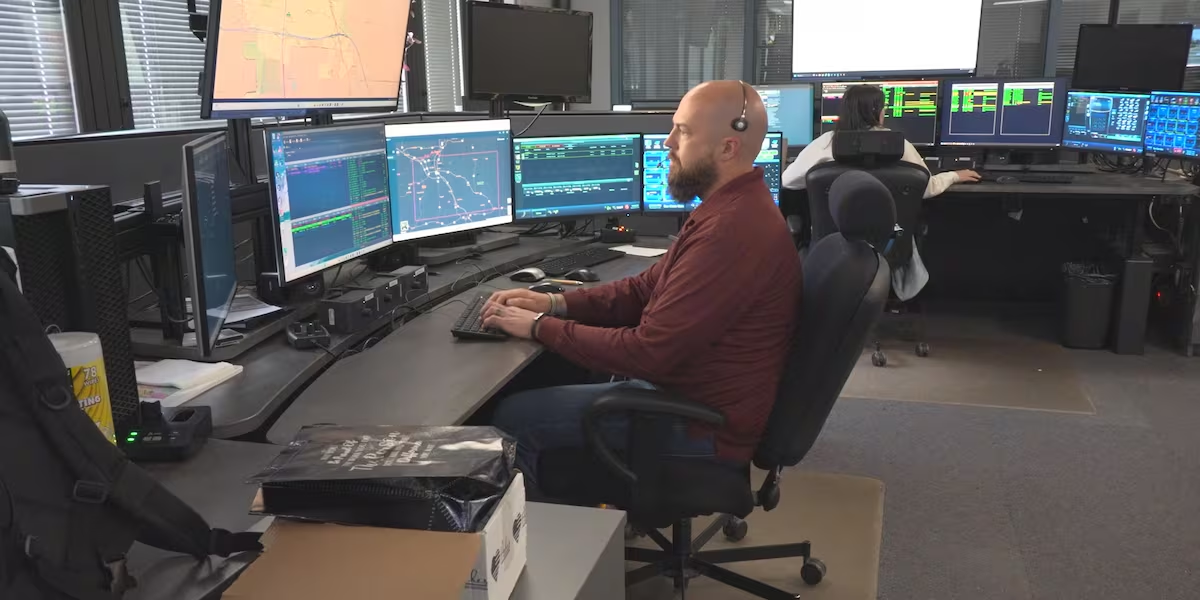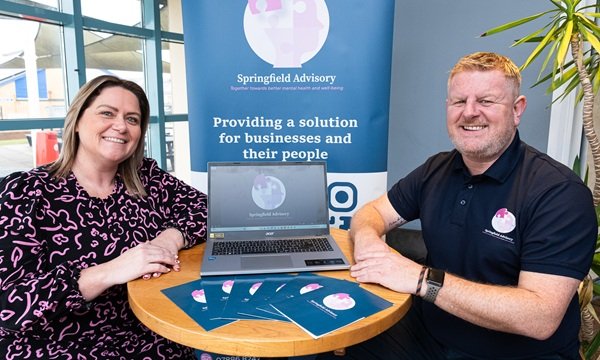EAU CLAIRE, Wis. (WEAU) – As part of National Public Safety Telecommunicators Week, officials are highlighting the critical work of 911 dispatchers and the mental health challenges they face.
Public safety telecommunicators, commonly known as 911 dispatchers, are the first responders to emergency calls. Their role involves answering calls for assistance, gathering essential information, and coordinating the dispatch of emergency services. This demanding job requires rapid decision-making and multitasking under pressure, which can take a toll on their mental health.
Scott Turner, a telecommunicator for the Eau Claire Police Department, shared insights about the daily challenges of the role. “When you answer the phone, you never know what situation you’ll be dealing with. We provide pre-arrival instructions and support until help arrives,” he explained. Dispatchers must quickly ascertain the location, nature of the emergency, and the individuals involved to effectively relay information to police, fire, or medical services.
The job demands not only technical skills like map reading but also excellent communication abilities. Holly Hakes, a licensed professional counselor and owner of Hakes Wellness Solutions, emphasized the need for dispatchers to manage high-stress situations while maintaining composure. “The work exposes them to trauma and stress regularly,” she noted. Hakes highlights the importance of prioritizing the mental wellbeing of dispatchers, especially as they handle an increasing volume of calls.
“These individuals are dedicated to helping others and often witness the worst moments in people’s lives without knowing the outcomes,” Hakes stated. Dispatchers often remain on the line until responders arrive, providing crucial information and support. This continuous involvement can lead to emotional fatigue and stress over time.
Turner added that dispatchers also handle various tasks, such as running checks on individuals for the safety of responding personnel and entering warrants, all of which contribute to their workload. The cumulative effect of these responsibilities underscores the need for mental health support for dispatchers, who sometimes feel isolated in their roles.
With rising call volumes, Turner pointed out that there is a consistent demand for more dispatchers to share the workload. “We appreciate the work they do and encourage them to take care of themselves,” Hakes concluded, reiterating the importance of mental health resources in this high-pressure profession.
As communities continue to rely on the essential services provided by 911 dispatchers, addressing their mental health needs remains a priority to ensure their ongoing effectiveness and wellbeing.



